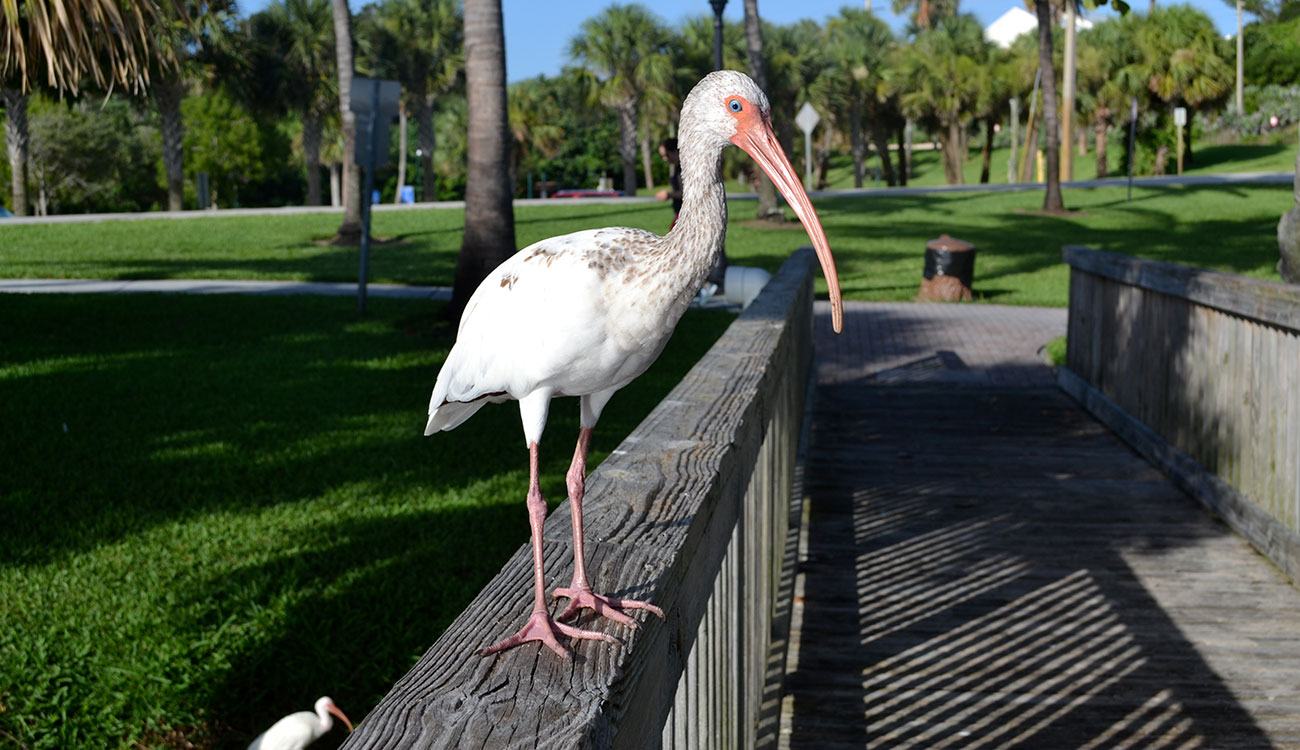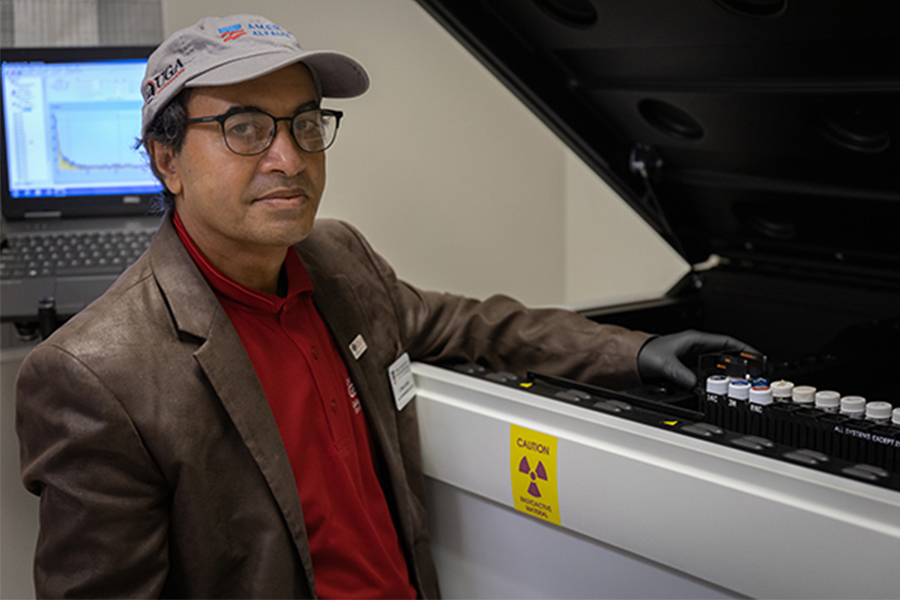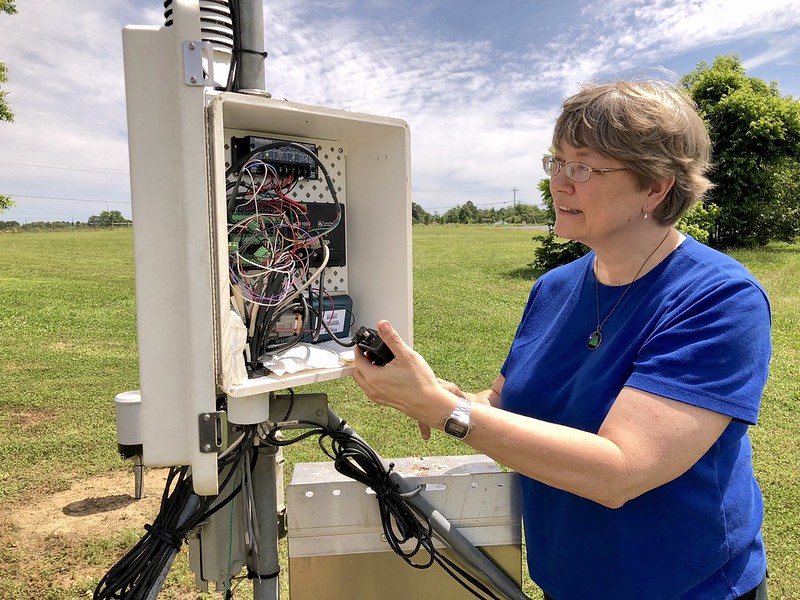 CAES News
CAES News
Annual Weather Review
In 2021, Georgia experienced its coldest year since 2014, with an average temperature of 64.5 degrees Fahrenheit. But the temperature was still well above the long-term average of 63.4 F and ranked the 20th warmest year overall since statewide records began in 1895.

.png)
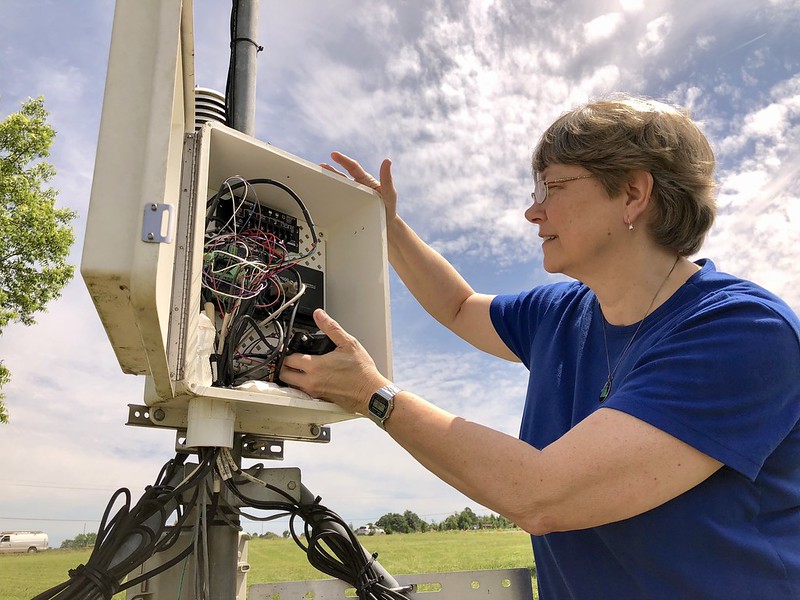
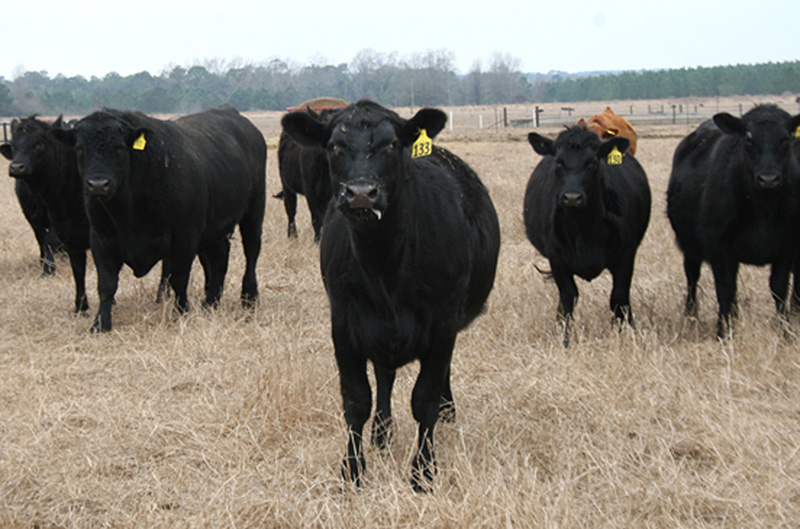
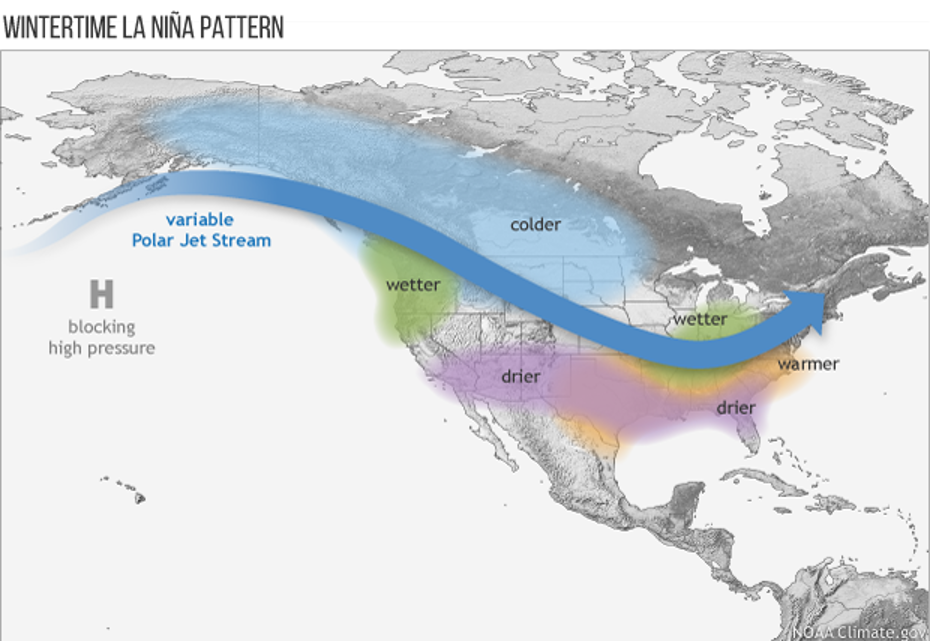
.png)
.jpg)

